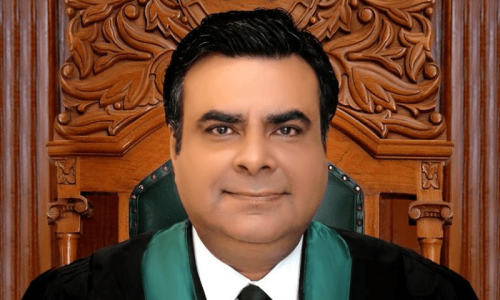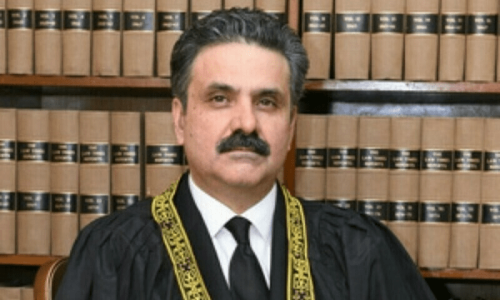A new British Indian Army Memorial, commemorating the sacrifices of millions of Pakistani and Indian soldiers who fought alongside British forces during the world wars, is being commissioned in Glasgow, Scottish outlet Stv News reported.
The project, which will be located on the grounds of Glasgow’s Kelvingrove Art Gallery and Museum, will include a chattri (dome) design for the roof and natural stone columns to match the museum’s famous architecture.
This will be Scotland’s first permanent memorial to the sacrifices of South Asian soldiers who fought in both world wars.
The approval for the memorial comes after a six-year campaign by the charity organisation, Colourful Heritage.
Around four million soldiers from the British Indian army fought alongside British soldiers during both world wars.
It is an effort to raise awareness of “past conflicts and the invaluable contributions” of the troops, Stv News quoted Secretary for Veterans Keith Brown as saying.
“The people of Scotland owe a considerable debt of gratitude to those who fought and died on our behalf, including those from Commonwealth nations who came to aid this country during its time of need,” Mr Brown said.
The Indian subcontinent contributed 1.5 million servicemen to the fight in the first World War, of whom 74,000 died and up to 100,000 were injured.
In the World War II, there were 2.5 million servicemen from the subcontinent — 87,000 died and up to 150,000 were injured.
Omar Shaikh, founder of Colourful Heritage, said “The memorial for us is not the target, it is a means to an end.”
“That end is to ensure that everyone in Scotland and Europe understands the contribution of the British Indian Army towards protecting this country and understands the shared values between the soldiers that were on the front line, be they from Europe or South Asia.”
Scotland has a special connection with the BIA through a mainly Indian-Muslim contingent from the Punjab region called ‘Force K6’, which was a mule transport corps during WW2.
Force K6 arrived in Marseilles in December 1939 to join the war effort, and the regiment was later evacuated out of Dunkirk.
They spent the next three-and-a-half years in the UK, and were moved to Scotland to train with British infantry brigades.
Published in Dawn, March 8th, 2023















































Dear visitor, the comments section is undergoing an overhaul and will return soon.